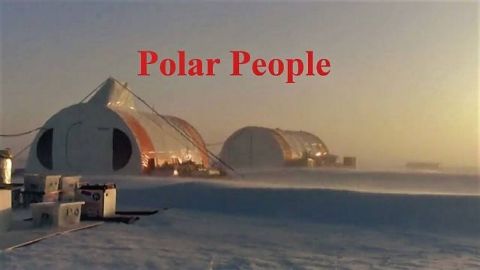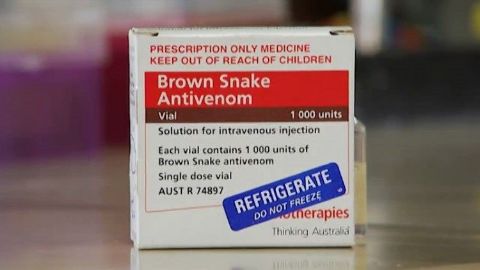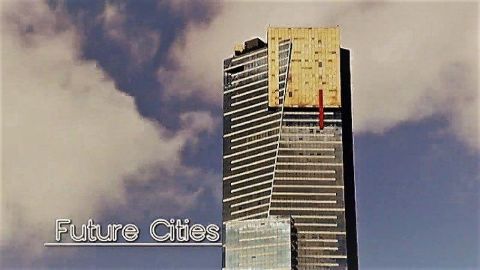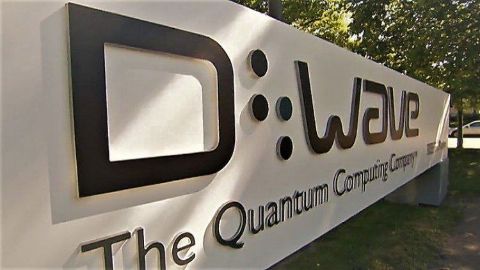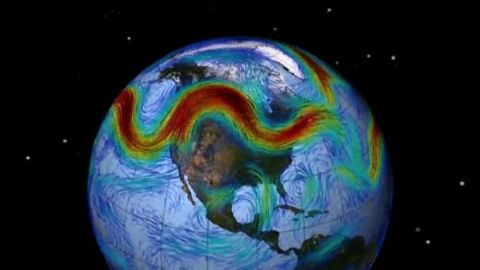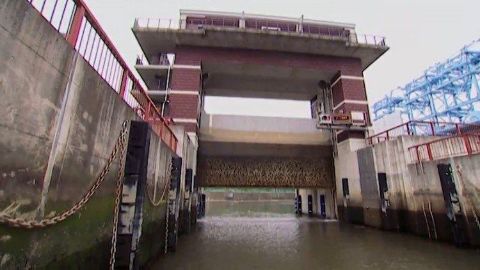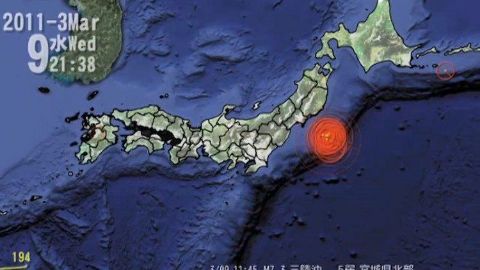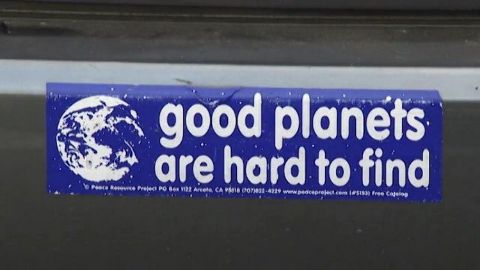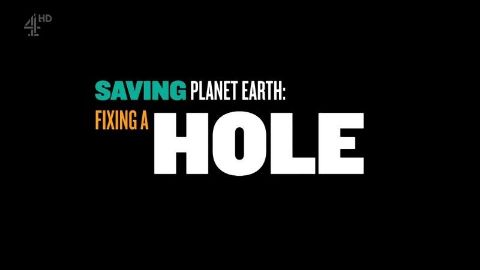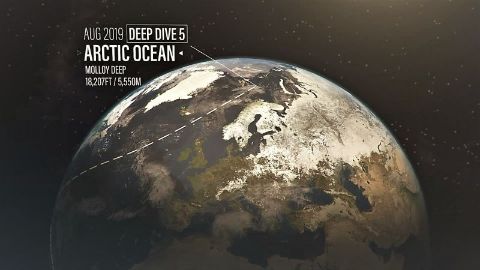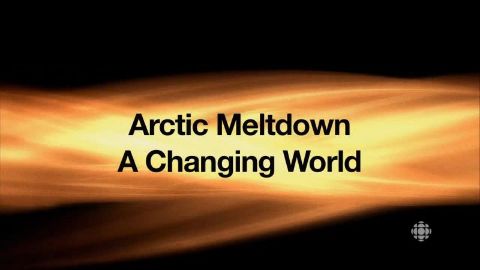Our Changing Planet Series 2
Chapter 1:
Steve Backshall visits the Maldives, a country facing significant challenges because of climate change. Warming seas and the acidification of the oceans have led to coral bleaching on a massive scale. And increasingly unpredictable weather patterns could deal the final blow. 2022 saw the first mass coral bleaching during La Ni?a, a climate pattern that historically keeps oceans cool enough to avoid bleaching. The earth's reefs are now at a tipping point. But these extreme challenges are galvanising the science community to get out of their labs and into the field, experimenting with more novel and innovative techniques and trialling ideas that could just make a difference.
Steve returns to Laamu Atoll to find out about one such cutting-edge project. Professor Steve Simpson and his team from Bristol University have identified that coral larvae, baby corals no bigger than a pinhead, move towards the sound of a healthy reef, a response that guides them to settle amongst a more biodiverse and healthier habitat, and in so doing, add to the coral population. Steve dives with Professor Simpson and records the sound of a healthy reef. With the help of a 360-degree camera, they are able to identify key marine life that make up these coral playlists.
Liz Bonnin returns to California to investigate some surprising solutions for the relentless onslaught of the state's wildfire season. California's wildfires are becoming a yearly catastrophe, with the state government spending billions of dollars in the last five years to fight these out-of-control blazes. Liz discovers that ancient forest management techniques and the beaver, a misunderstood mammal, could help prevent them in the first place, providing powerful tools to sustainably protect our planet against the ravages of climate change.
Liz visits the traditional reservation of the indigenous Tule River tribe, who have been practising a technique called 'controlled burning' for thousands of years. By regularly burning the twigs and leaf litter that collect on the forest floor, they reduce the amount of material that typically collects in forests and fuels megablazes. Liz joins the tribe on one of their cultural burns and finds out how they have protected their land and, importantly, their sacred sequoia trees.
To prevent the fires from moving at speed across the landscape, scientists and indigenous communities are hoping that beavers can help solve the problem. Once found across North America, by 1900 beavers had been hunted virtually to extinction. Liz joins scientist Dr Emily Fairfax, who has been studying the benefits of introducing beavers into a landscape. Surrounded by burnt-out forest, a green oasis sits at it centre, the territory of a beaver family that has created what Emily describes as a 'speed bump' for wildfires.
Chris Packham is in Greenland to learn more about the effects of global warming and the rate at which snow and ice are melting and retreating in the Arctic. He travels to a science research station on the island's remote north east coast, one of the most important locations in the world for the understanding of warming in the Arctic and its global impact. Chris joins an Arctic expedition as scientists from Aarhus University and Copenhagen Zoo track across the snow-covered tundra in search of musk oxen, an ice age survivor that can tolerate temperatures ranging from - 40 to +10 degrees Celsius.
With the gradual warming of the Arctic, future conditions may not resemble anything the species has ever encountered. Now moving slowly northwards as temperatures rise, there are many questions to be answered: will populations become vulnerable to warm weather disease? How long will they have a territory that's cold enough for them to survive in? And what will they leave behind them? The conditions are gruelling. Chris and the team have to move fast across the vast landscape, hoping to dart and collar 21 of these huge, powerful creatures, taking hair, blood and stomach samples. We learn how the sophisticated collars and an array of science techniques will be able to tell us if they breed, feed, survive or perish in the years to come.
Chapter 2:
Gordon Buchanan returns to Brazil, Ella Al-Shamahi to Cambodia and Ade Adepitan to Kenya.
Gordon Buchanan returns to Brazil, the most biodiverse country on our planet and home to one of the world's most important wetlands, the Pantanal. Gordon's here to revisit a pioneering project that is committed to saving one of the Amazon's iconic predators, the jaguar, and to understand the importance of a healthy ecosystem.
The Pantanal is vital to the health of the jaguar's territory. Fed by the Amazon Rainforest's water cycle, it's an extraordinarily rich habitat, and home to an array of water and land species. Gordon takes to the water and sees first-hand how this place is perched on a knife edge. As climate change accelerates, the Pantanal is becoming drier, endangering its wildlife and vegetation, including the jaguar. Gordon hears from a local conservationist how the plans for up-river dams could severely impact this precious ecosystem.
Habituating jaguars is a vital part of ecotourism, enabling paying guests to experience these iconic creatures. The profits fund vital research and this year Gordon follows the team on their annual collaring project, darting jaguars and collecting samples and data from these super-sized cats. Once sedated, Gordon gets the opportunity to get hands on with the scientists, witnessing for himself the range of samples and data the team are collecting. This will provide valuable insights into the jaguar's movements within their ever-changing habitat.
Ella Al-Shamahi returns to Cambodia, an area experiencing increasing economic growth. This growth is putting massive pressure on natural resources, and is leading to expanding cities and potentially devastating over-exploitation of the natural world.
Ella discovers the reality about our planet's most exploited resource after water – sand. The Mekong River is vital to the health of not only this region but to five other countries, and is being dredged for this valuable resource, endangering the structure and health of this mighty river system. Ella takes to the water with a leading Mekong expert to see the extent of the extraction. Unsustainable and highly destructive, mining could possibly sound the death bell for this precious ecosystem. UK scientists are using high quality satellite imagery that reveals the extent of the damage and there's hope that regulation can slow this exploitation.
Biodiversity plays a vital role in building resilience in these threatened landscapes. Ella joins an expedition that will reintroduce the nearly extinct Siamese crocodile into the depths of the Cardamom Mountains. To date, the survival of these critically endangered animals has been down to the cultural connection between the local people and the crocodiles, who they consider sacred. Ella and the team are taking ten crocodiles to a safe and very remote site. The crocodiles are inserted into bamboo rolls, which are soaked in water to keep them cool, then bundled onto the back of mopeds and driven to the release site. It's a 24-hour journey, crossing rivers and tackling forest pathways, all the time ensuring the crocodiles are safely stowed. On arrival, the team acclimatise the animals before their final release. We meet those who discovered one of the last remaining crocodiles and an elder of the village explains the role of crocodiles and the natural world to his people.
Ade Adepitan returns to Kenya to report on the devastating effect of rising temperatures and failed rains. The conditions are extreme, and the challenges, unimaginable. Both communities and wildlife are fighting to survive the worst drought in 40 years.
When Ade visited Kenya in 2021, the elephants were severely affected by drought, but 2022 saw a new and sinister problem. People and elephants were now fighting over dwindling food and water supplies, even killing each other in their desperation to survive.
Ade finds out about a project that could help farmers and elephants to co-exist until the next rains finally arrive. Using biology and behavioural science, leading elephant scientists, with the input of locals, have created affordable tools for repelling elephants from farms and reducing conflict. Ade travels to Sagalla, near Tsavo National Park, where its community is leading the way and testing these devices. He meets local farmer Jones, who has created what he calls a 'noisy gun' from tin cans and wood. Other devices include condoms full of chilli powder and beehives strung along fences. Ade finds a community under extreme pressure, but the ingenuity of the 'Human Elephant Coexistence' toolbox is providing a genuine ray of hope.
2023 •
Environment
